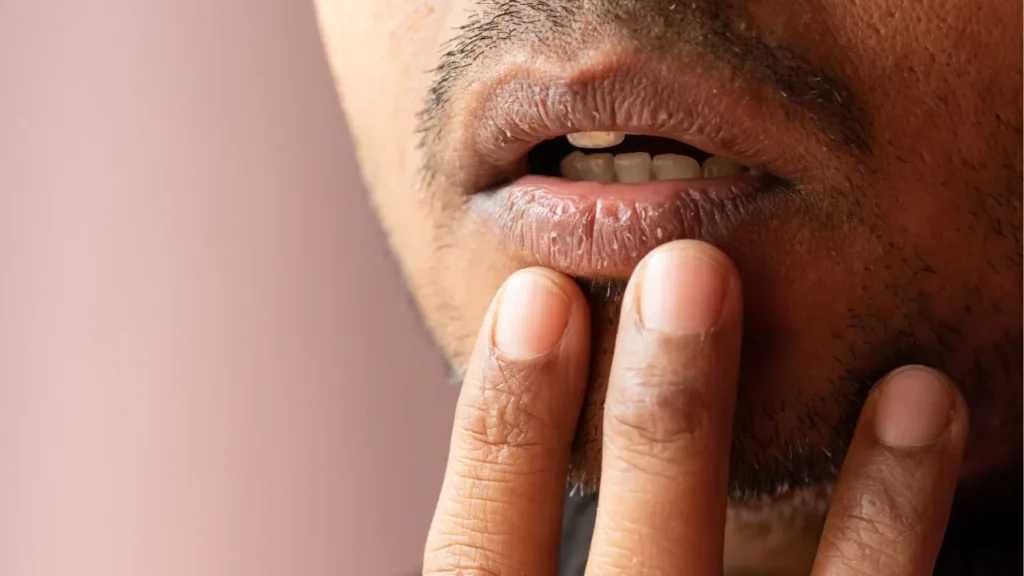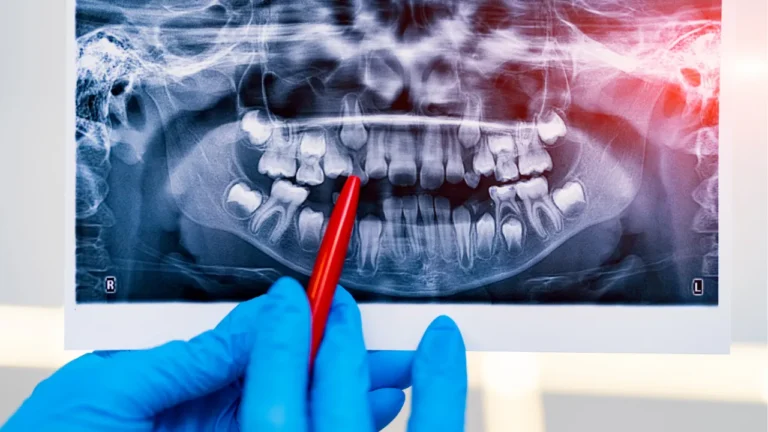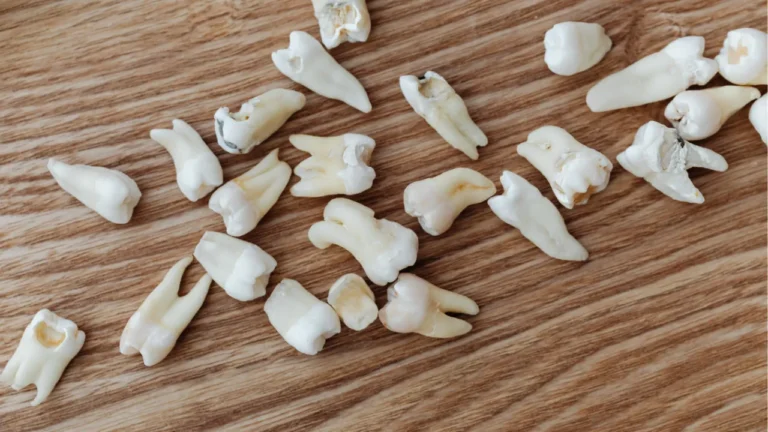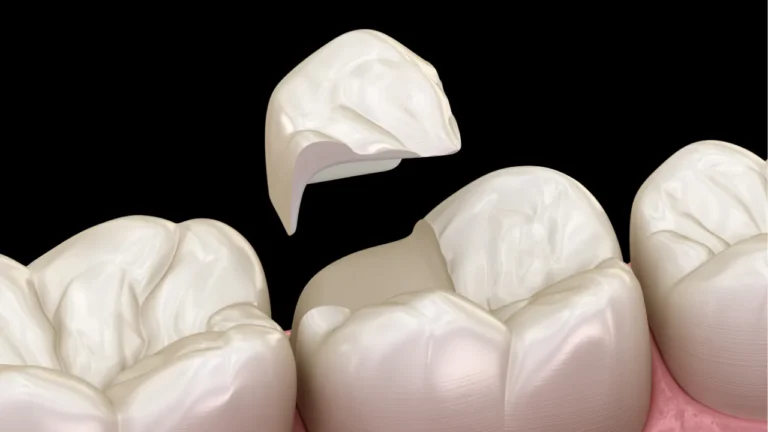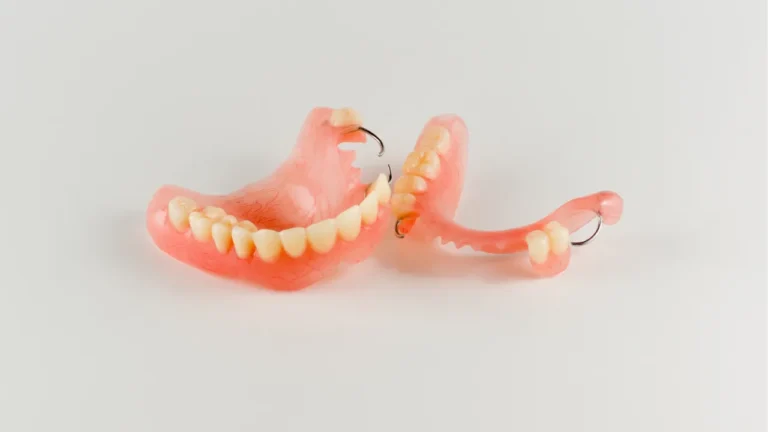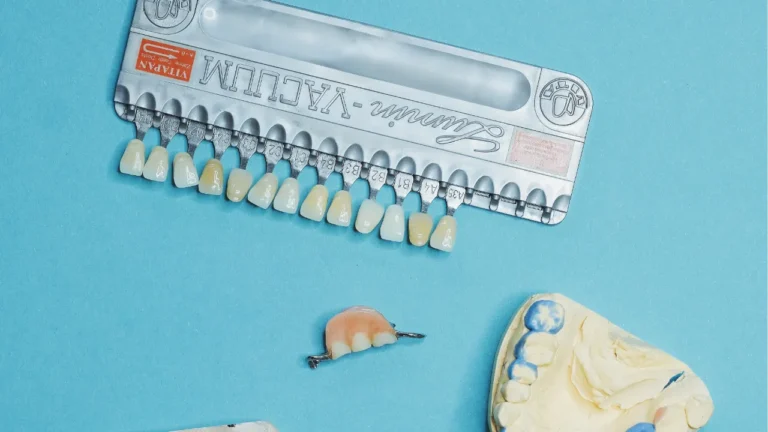You can manage dry mouth by staying hydrated, using saliva substitutes, avoiding alcohol-based products, and addressing underlying health conditions or medications that may be causing it.
Dry mouth (xerostomia) can lead to bad breath, tooth decay, and discomfort if left untreated. Understanding what causes it — from medication side effects to dehydration or nerve damage — is the first step toward lasting relief and better oral health.
Quick Summary
- Dry mouth (xerostomia) can cause bad breath, tooth decay, gum disease, and discomfort
- Common causes include medications, dehydration, medical conditions, smoking, alcohol use, and mouth breathing
- Symptoms include constant dryness, thirst, difficulty chewing/swallowing, cracked lips, and burning tongue
- Management strategies: stay hydrated, chew sugar-free gum, use humidifiers, maintain good oral hygiene, avoid tobacco/alcohol, try saliva substitutes, adjust diet, and treat underlying causes
What Causes Dry Mouth?
There are several reasons why you might experience dry mouth, including:
1. Medications
- Many prescription and over-the-counter medications list dry mouth as a side effect.
- Common culprits include antihistamines, decongestants, antidepressants, blood pressure medications, and pain relievers.
2. Dehydration
- Not drinking enough water can reduce saliva production, leading to dry mouth.
- Excessive caffeine, alcohol, or salty foods can also contribute to dehydration.
3. Medical Conditions
- Conditions such as diabetes, Sjögren’s syndrome, and autoimmune diseases can cause dry mouth.
- Radiation therapy and chemotherapy can damage the salivary glands, reducing saliva flow.
4. Smoking and Alcohol Use
- Tobacco and alcohol both dry out the mouth and contribute to decreased saliva production.
- Smoking also increases the risk of gum disease, which can further worsen dry mouth symptoms.
5. Mouth Breathing
- Breathing through your mouth instead of your nose, especially while sleeping, can dry out your mouth.
- Conditions like sleep apnea, nasal congestion, or sinus issues can contribute to this habit.
Symptoms of Dry Mouth
If you’re experiencing dry mouth, you might notice:
- A sticky, dry feeling in the mouth
- Frequent thirst
- Difficulty chewing, swallowing, or speaking
- Cracked lips or sores in the mouth
- Bad breath (halitosis)
- A burning sensation on the tongue
- Increased risk of cavities and gum disease
How to Treat and Manage Dry Mouth
If dry mouth is affecting your daily life, here are some effective ways to manage it:
1. Stay Hydrated
- Drink plenty of water throughout the day to keep your mouth moist.
- Carry a water bottle and take small sips frequently.
- Avoid sugary, acidic, or caffeinated drinks, as they can worsen dry mouth.
2. Chew Sugar-Free Gum or Suck on Sugar-Free Lozenges
- Chewing gum stimulates saliva production, which can help keep your mouth moist.
- Look for xylitol-based gum or lozenges, as xylitol helps prevent cavities while promoting saliva flow.
3. Use a Humidifier
- Adding moisture to the air, especially while sleeping, can prevent your mouth from drying out overnight.
- This is especially helpful in colder months when indoor heating can make the air dry.
4. Maintain Good Oral Hygiene
- Brush twice a day with a fluoride toothpaste to protect against cavities.
- Floss daily to remove plaque and food particles that could worsen dry mouth symptoms.
- Use an alcohol-free mouthwash, as alcohol-based rinses can further dry out your mouth.
5. Avoid Tobacco and Alcohol
- Quitting smoking and reducing alcohol intake can improve saliva production and overall oral health.
6. Try Saliva Substitutes and Oral Rinses
- Over-the-counter saliva substitutes and dry mouth mouthwashes can help keep your mouth hydrated.
- Look for mouthwashes that contain xylitol or aloe vera, as these ingredients help moisturize the mouth.
7. Adjust Your Diet
- Eat more moist, soft foods like soups, smoothies, and yogurt to make chewing and swallowing easier.
- Avoid salty, spicy, or acidic foods that may irritate a dry mouth.
8. Address Underlying Medical Conditions
- If dry mouth is caused by medication, talk to your doctor about possible alternatives or adjustments.
- If you have an underlying health condition like diabetes or Sjögren’s syndrome, work with your healthcare provider to manage symptoms.
When to See a Dentist
If your dry mouth persists despite making lifestyle changes, it’s important to see a dentist.
Chronic dry mouth can increase the risk of cavities, gum disease, and oral infections, so regular dental check-ups are essential.
At Every Smile Dentistry, we offer personalized treatment options to help manage dry mouth and keep your smile healthy.
If you’re experiencing discomfort due to dry mouth, schedule an appointment with us today!
Final Thoughts
Dry mouth can be uncomfortable and even harmful to your oral health, but there are many ways to manage it effectively.
By staying hydrated, practicing good oral hygiene, and making small lifestyle changes, you can reduce dry mouth symptoms and protect your teeth and gums.If you need expert care for dry mouth or other oral health concerns, Every Smile Dentistry is here to help. Contact us today to book an appointment!

